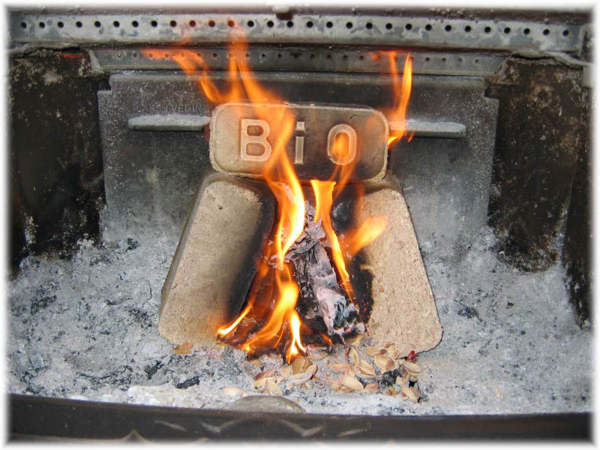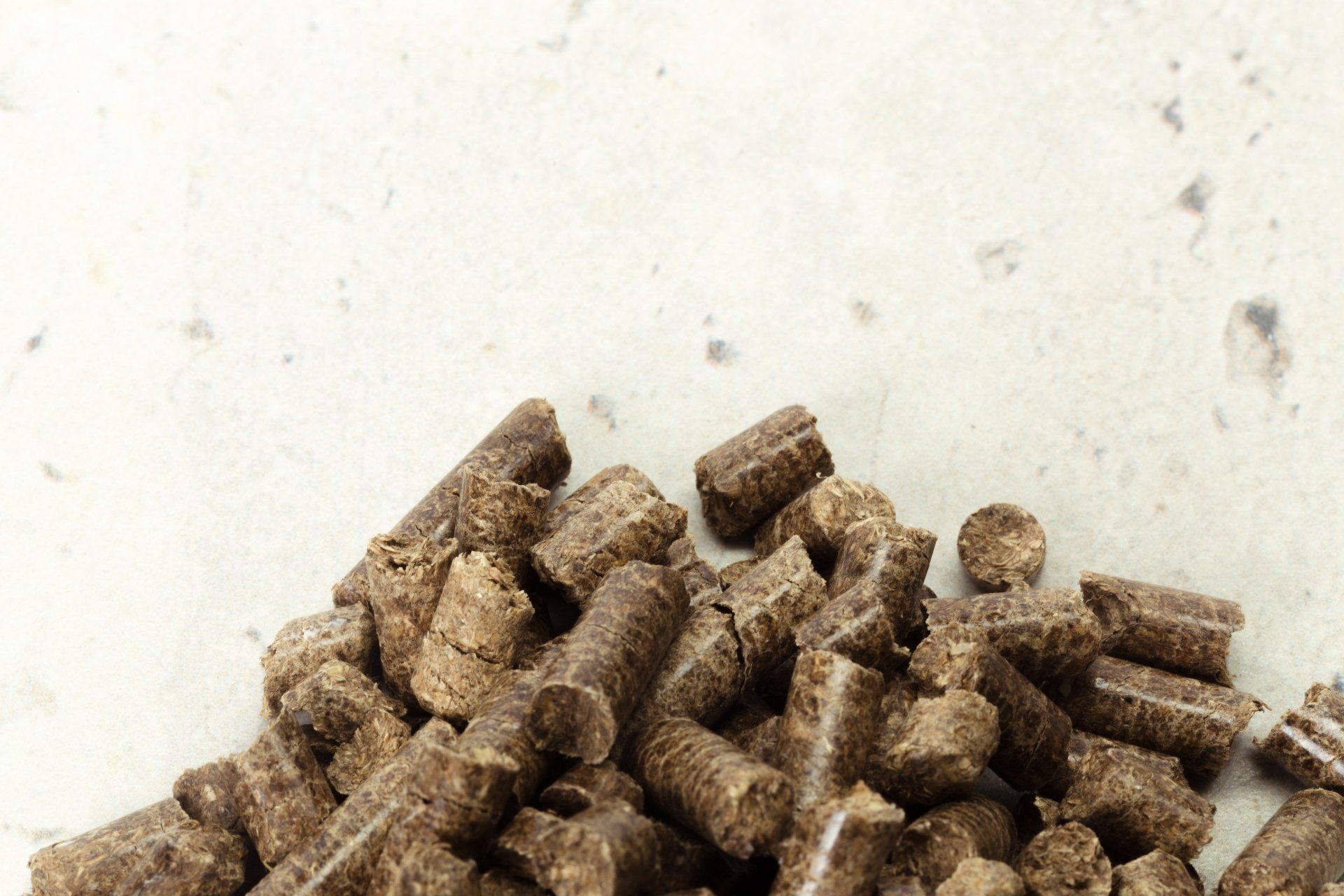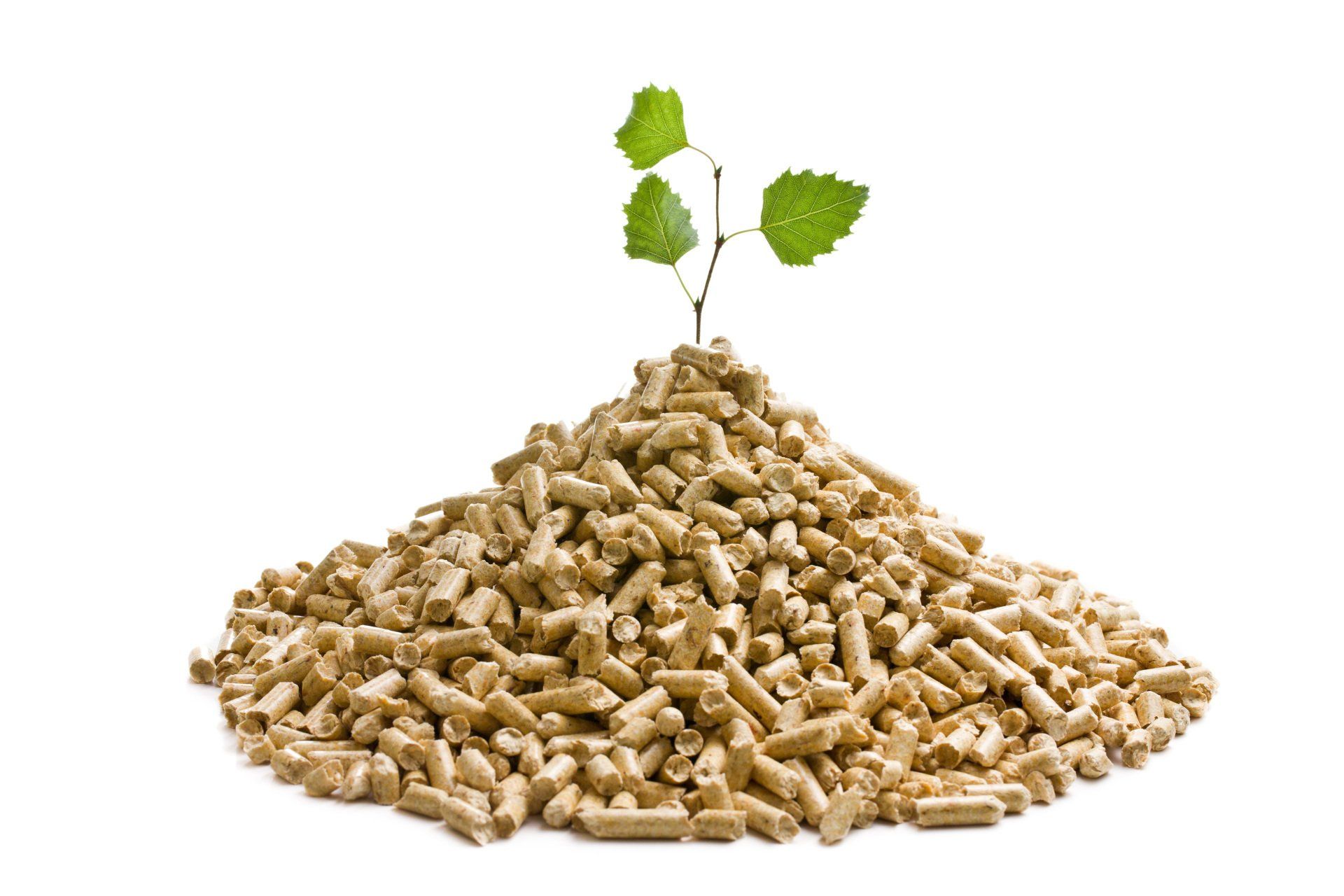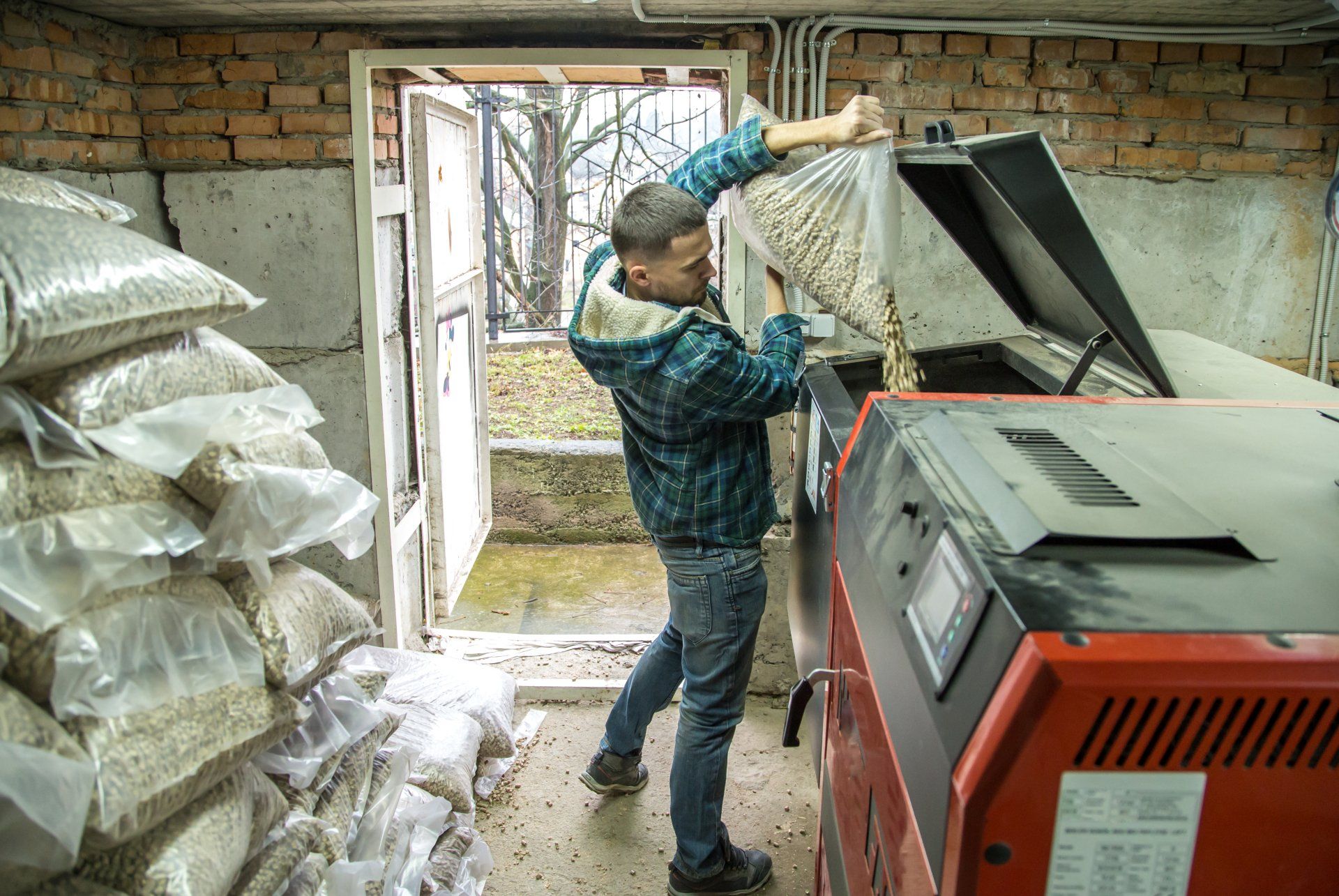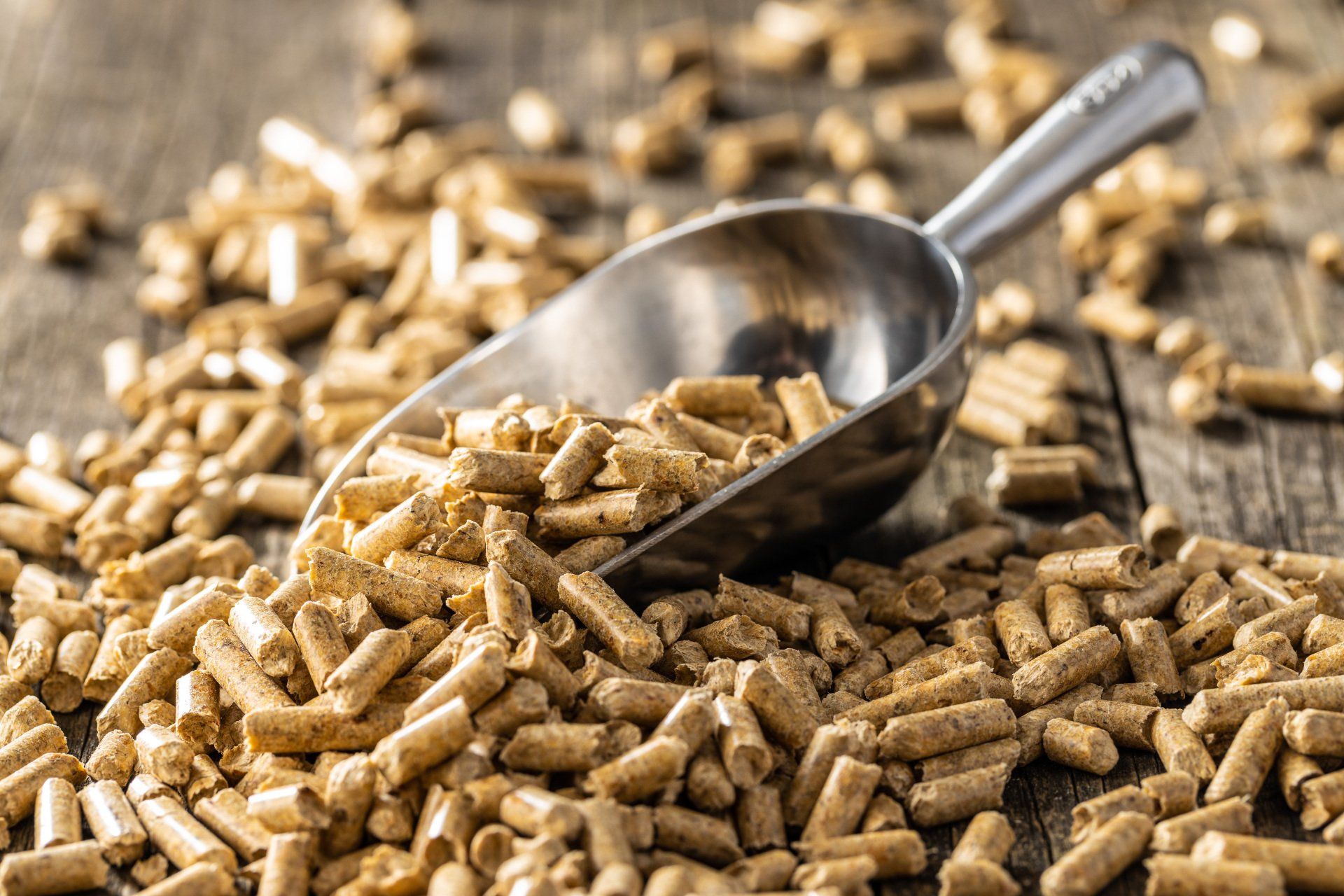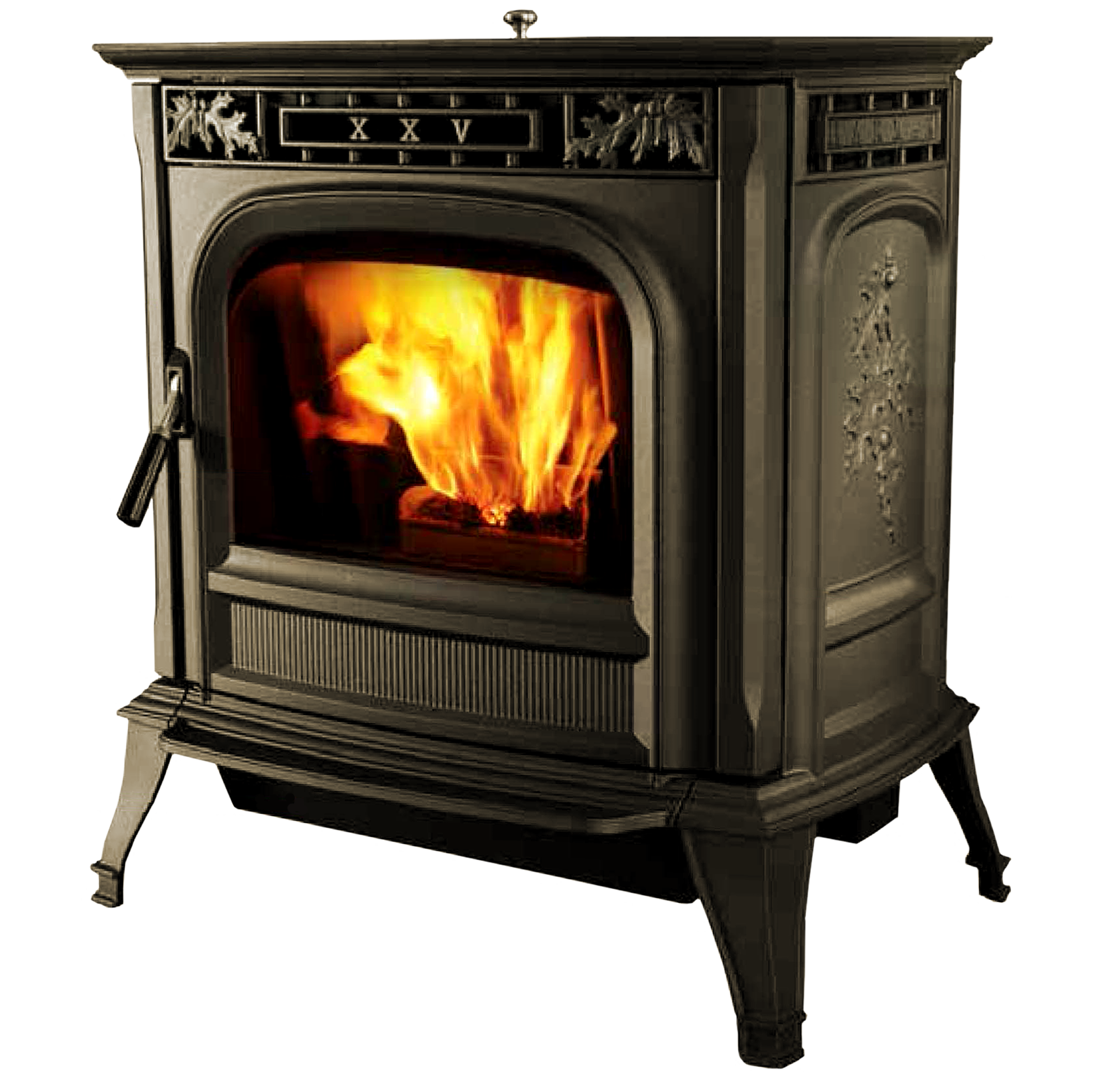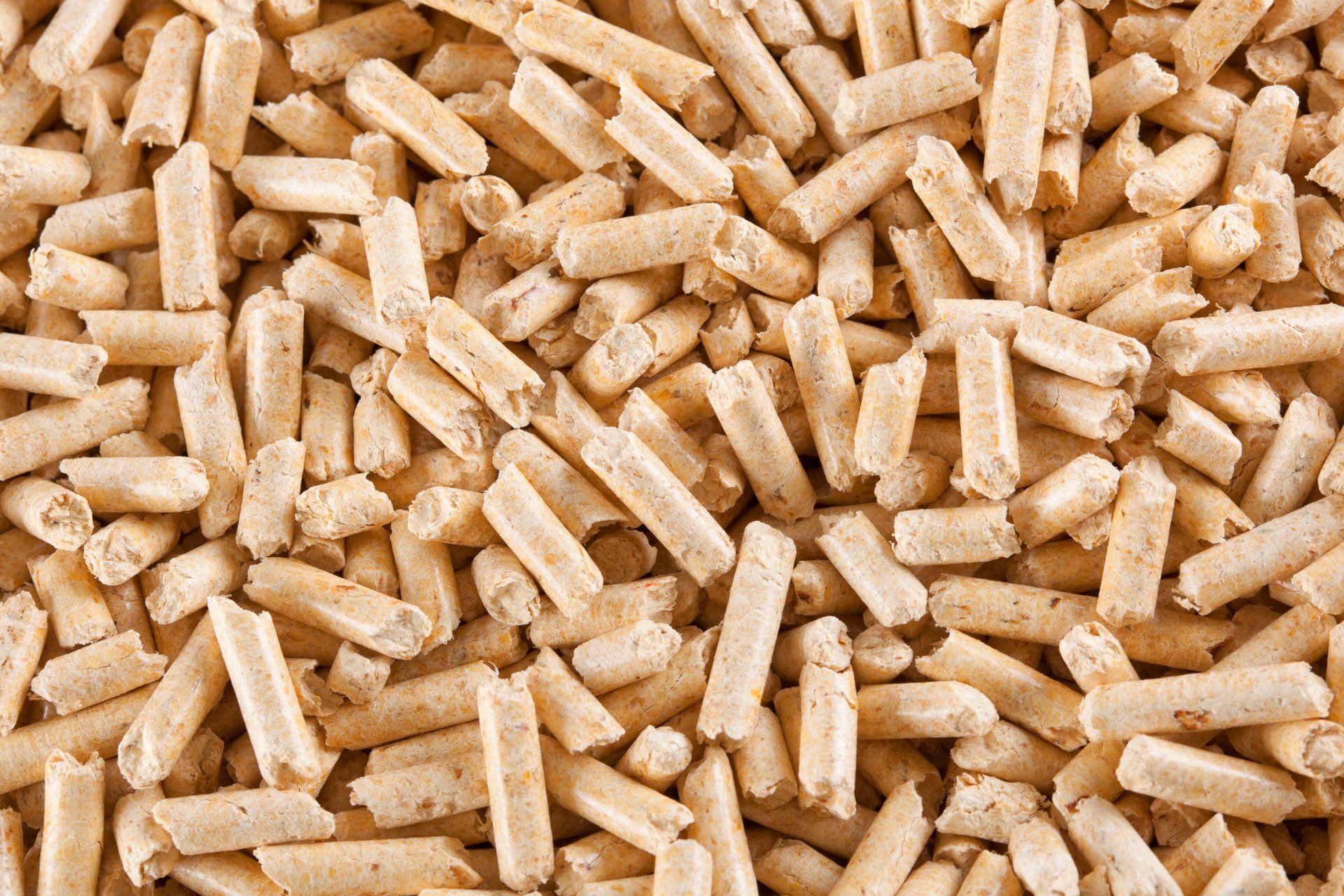How to Compare Pellet Stoves with Oil Heating
How to Compare Pellet Stoves with Oil Heating
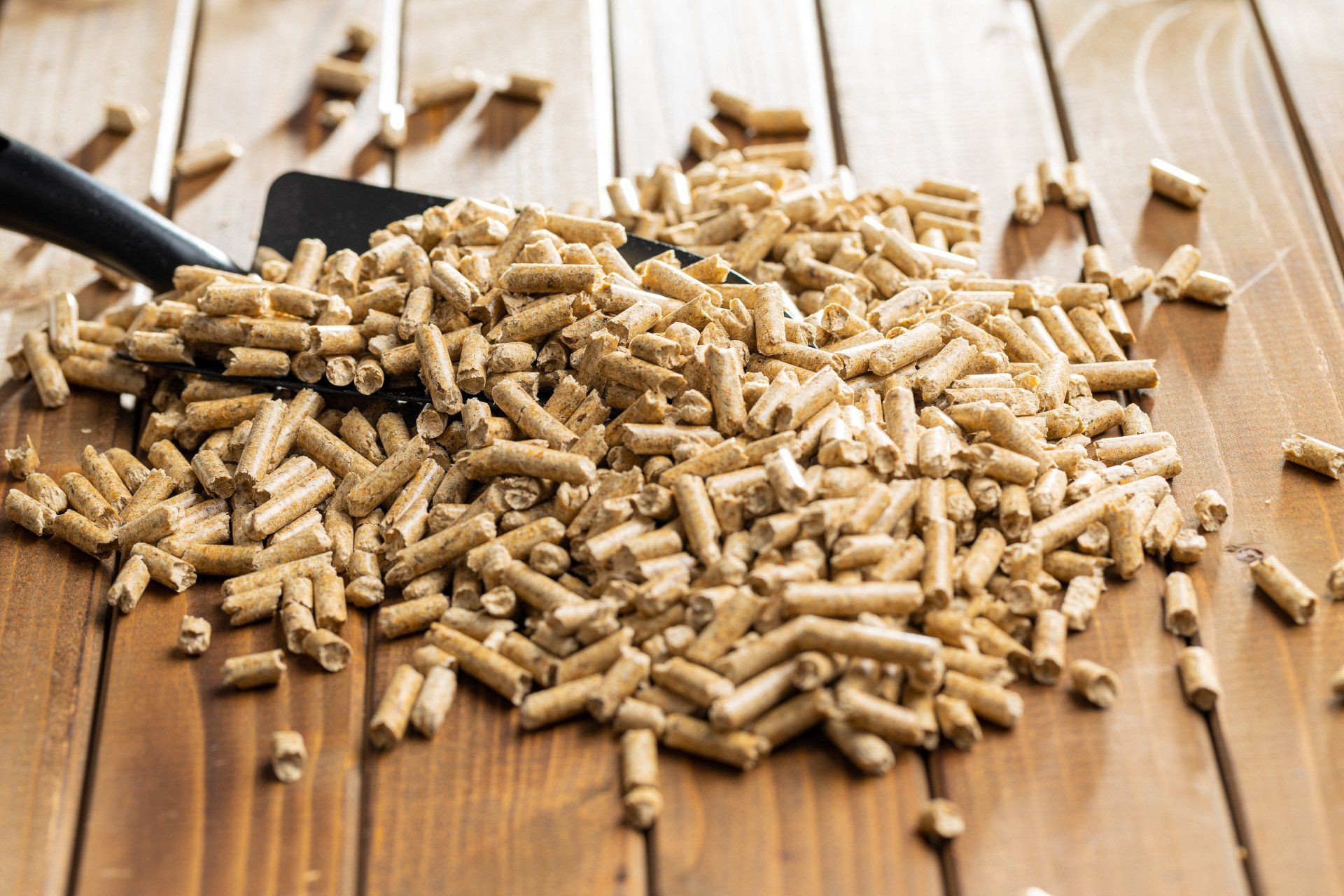
There is nothing quite like the fragrance of burning wood, but due to the relative inefficiency and high pollution levels of wood stoves, many households choose to use oil and other types of fuel instead. Some households are turning back to the old-fashioned wood heating methods thanks to the development of wood pellets, which burn more cleanly and effectively than other types of wood. Evaluate the advantages and disadvantages of heating with pellets versus oil before making the transition to compare prices, supply, and other important factors.
Compare Prices:
According to the Forests Products Laboratory, a typical family needs between 50 and 150 million BTUs to heat their home during the winter. It is useful to look beyond the cost per unit and consider the cost per thousand BTUs of heat when comparing prices for various types of heating fuels. According to a 2011 estimate by the U.S. Energy Information Administration, oil cost $36.33 per thousand BTUs, whereas pellets cost $19.43. Oil and pellet heating expenses might differ by location and time of year, but in general, pellet heating is less expensive than oil heating.
Determine Availability:
Obviously, low average pellet prices are meaningless if you can't find pellets where you live. According to the U.S. Department of Energy, less than 3% of the population uses wood pellets to heat their houses, compared to 11% of homes that use oil. This implies that not all markets may have easy access to pellets. Look up nearby pellet distributors online or in the phone book before making a pellet stove purchase. If none are accessible, delivering pellets to your house might be too expensive, making oil the more cost-effective choice.
Effects on the Environment:
There are advantages and disadvantages to both pellets and oil heating in terms of the environment. Wood pellets are an inventive way to recycle scrap wood and are a waste product. Despite the fact that pellets burn far more cleanly than conventional wood, according to "Foster's Daily Democrat," heating with pellets results in 50 times more pollution than burning oil. Although oil emits less emissions and burns cleaner than pellets, its main drawback is that it is a fossil fuel. Its supply is therefore rather constrained, and prices and availability may change over time.
Ask About Required Maintenance:
Inquire about maintenance needs for each type of heating system when looking for a new pellet or oil one. In general, ash must be removed from pellet stoves on a regular basis. They also need to be reloaded frequently to keep a consistent supply of pellets. Oil-powered systems may be simpler for individuals who want to spend as little time on maintenance as possible because they normally only need seasonal cleaning of the furnace and exhaust systems.
